Winter can be a challenging season for backyard chicken keepers, as cold temperatures, snow, and limited daylight can have a significant impact on the health and well-being of your flock. However, with proper preparation and care, you can ensure that your chickens stay warm, healthy, and happy throughout the winter months.
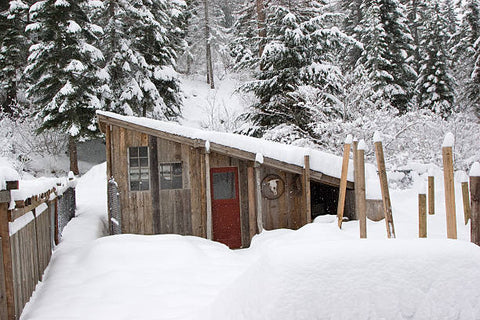
In this blog post, we will explore essential tips for preparing your chicken coop for winter, covering everything from insulation and ventilation to providing adequate nutrition and entertainment for your feathered friends. Let's dive in and create a cozy and thriving environment for your winter flock!
1. Evaluate Coop Insulation
Insulating your chicken coop is essential for maintaining a comfortable temperature for your chickens during the colder months. Start by assessing the existing insulation in your coop. Insulate walls, the ceiling, and especially draft-prone areas. Consider using materials like foam board insulation or reflective foil insulation, which can help retain heat. Be mindful of ventilation needs, as adequate airflow is crucial to prevent moisture buildup and respiratory issues.
2. Seal Drafts and Leaks
Drafts can be detrimental to the health of your chickens during the winter. Inspect the coop for any cracks, gaps, or openings that could allow cold air to seep in. Use weatherstripping, caulk, or expanding foam to seal these areas. Pay special attention to windows, doors, vents, and any gaps between the walls and the roof. A properly sealed coop will help maintain a stable and warm environment for your flock.
3. Provide Proper Ventilation
While insulation is necessary to keep your coop warm, good ventilation is equally important. Proper airflow helps maintain fresh air quality and prevents the buildup of ammonia from chicken waste. Ensure that vents are clear of obstructions and positioned higher up on the walls to prevent drafts. Consider using adjustable vents or vent covers to control airflow during extremely cold periods. Strike a balance between retaining warmth and maintaining good air quality.
4. Install Heated Waterers
Keeping your chickens hydrated during winter is crucial. However, water can freeze quickly in cold temperatures. Invest in heated waterers or use heated bases to prevent water from freezing. Alternatively, you can provide warm water multiple times a day or opt for insulated waterers. Ensure the water source is accessible to your chickens and regularly check to see if it needs refilling or thawing. Or you can put the waterer need the chicken coop heater.
5. Increase Bedding and Nesting Material
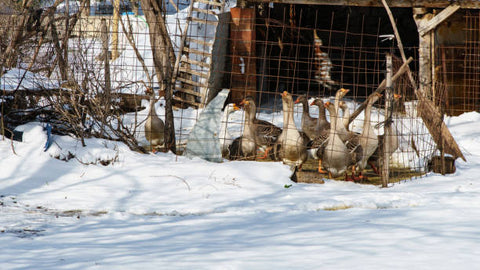
A thick layer of bedding not only provides insulation but also offers a cozy and comfortable space for your chickens during winter. Use materials such as straw, pine shavings, or shredded paper to create a deep bedding area. Consider adding additional nesting material to keep eggs warm in the nesting boxes. Monitor the bedding regularly and replace it as needed to maintain cleanliness.
6. Provide Supplemental Heat
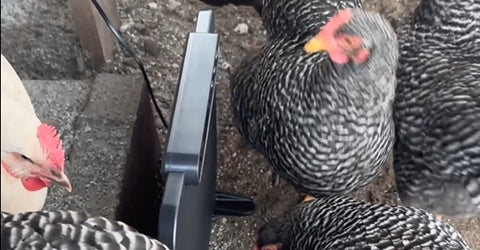
While chickens are naturally equipped to handle cold temperatures, in extreme cases, a supplemental heat source may be necessary. Use caution when providing heat, as overheating can be just as harmful as cold temperatures. Options include heat lamps, heated panels, or ceramic heaters. Place heating devices away from combustible materials and secure them properly to prevent accidents or fires. Monitor the temperature closely and ensure it remains within a safe range.
7. Adjust Lighting
During winter, the reduced daylight hours can disrupt egg production in your flock. Supplemental light can help maintain egg production. Install timed lights in the coop to provide 14-16 hours of light per day, mimicking a summer daylight cycle. Use energy-efficient LED bulbs and position them to simulate natural lighting. This will help keep your chickens' internal rhythms regulated and ensure optimal egg production.
8. Offer a Nutritious and Warm Diet
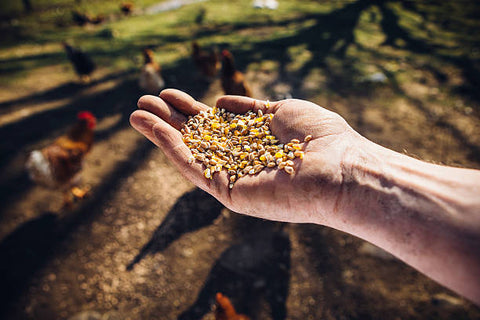
In colder weather, your chickens require additional energy to maintain body heat. Provide a balanced and nutritious diet that includes high-quality layer feed supplemented with scratch grains, black oil sunflower seeds, or cracked corn. These foods are higher in calories and will help keep your chickens warm from the inside. Also, make sure they have access to fresh water and avoid offering cold or ice-cold water.
9. Provide Entertainment and Exercise
Winter can lead to boredom and reduced activity in your chickens. To combat this, provide environmental enrichment and opportunities for exercise. Hang cabbage or lettuce leaves for them to peck at, introduce treat balls or puzzles to stimulate their natural foraging instincts, and provide perches at different heights to encourage movement. This mental and physical stimulation will keep your chickens active and content throughout the winter months.
Conclusion
Preparing your chicken coop for winter is crucial to ensuring the health and well-being of your flock during the colder months. By insulating the coop, sealing drafts, providing proper ventilation, employing heated waterers, increasing bedding, considering supplemental heat when necessary, adjusting lighting, offering a nutritious diet, and providing entertainment and exercise, you can create a cozy and thriving environment for your chickens. With these essential tips, your flock will stay warm, healthy, and content throughout the winter, allowing you to enjoy the rewards of backyard chicken keeping all year round.
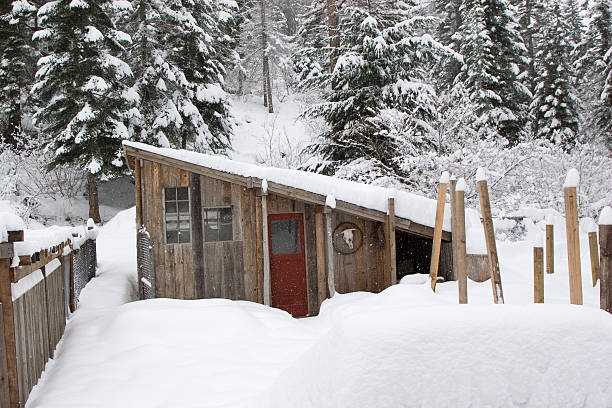
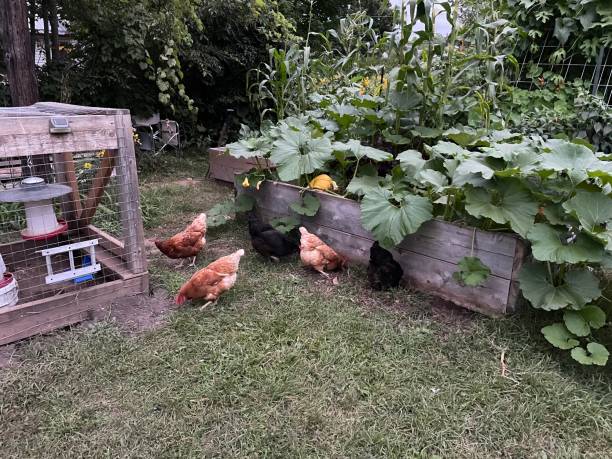
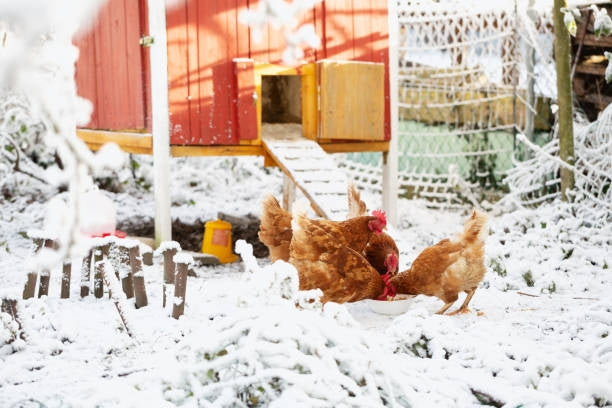
Laisser un commentaire
Tous les commentaires sont modérés avant d'être publiés.
Ce site est protégé par hCaptcha, et la Politique de confidentialité et les Conditions de service de hCaptcha s’appliquent.